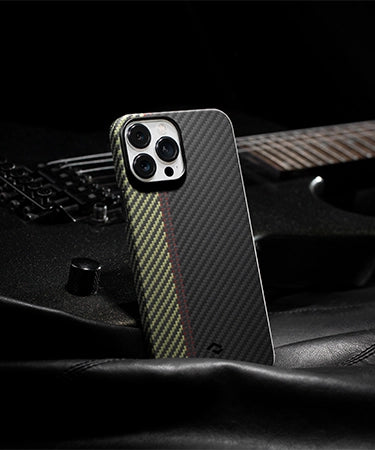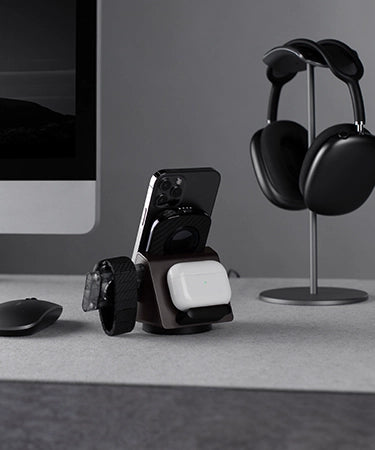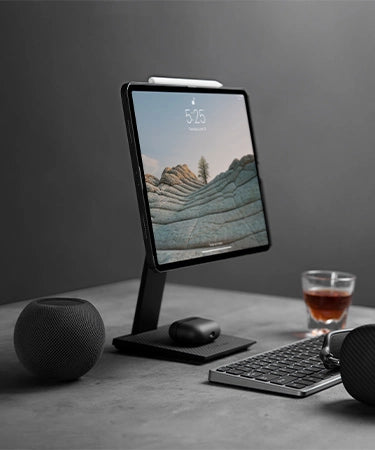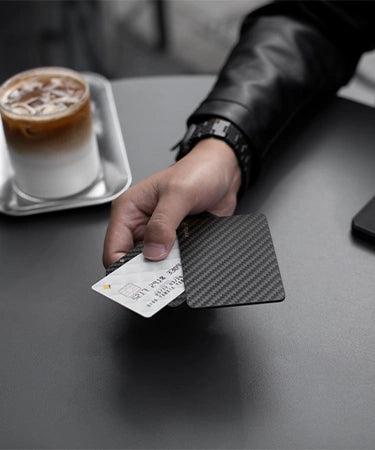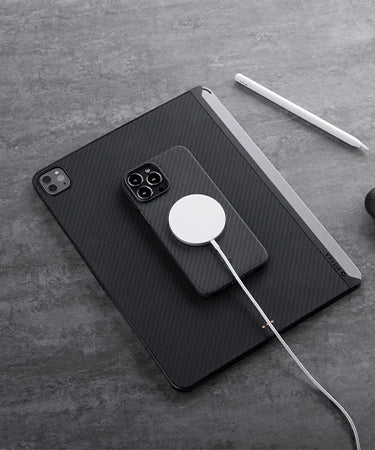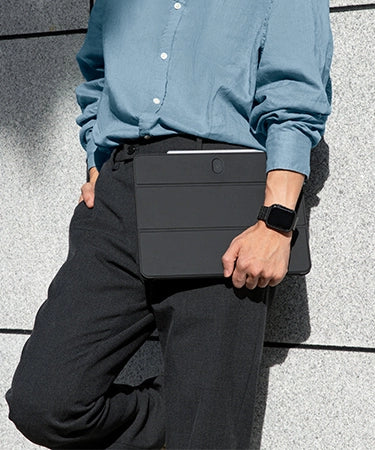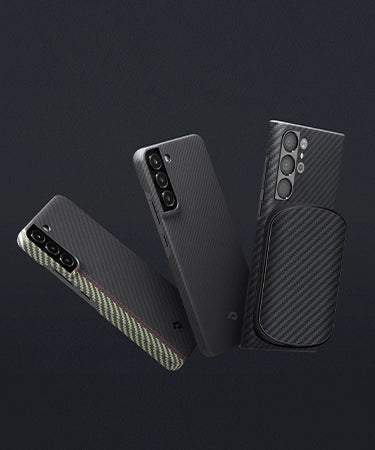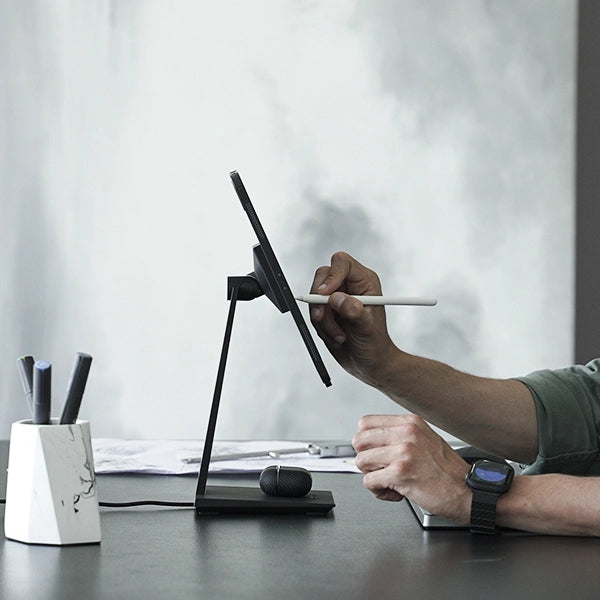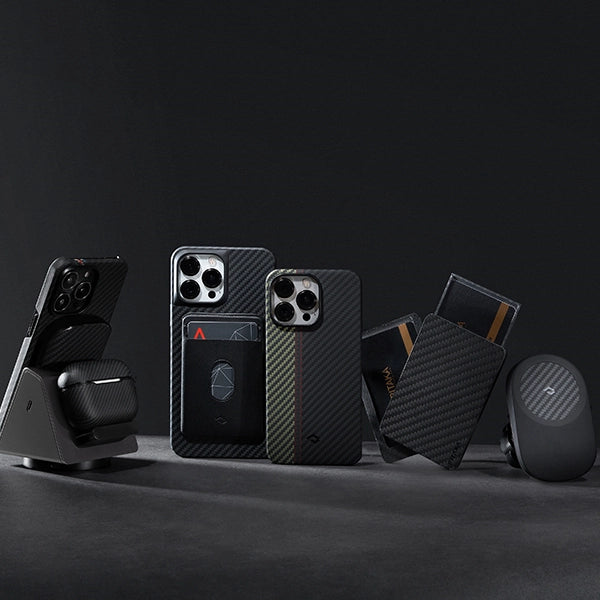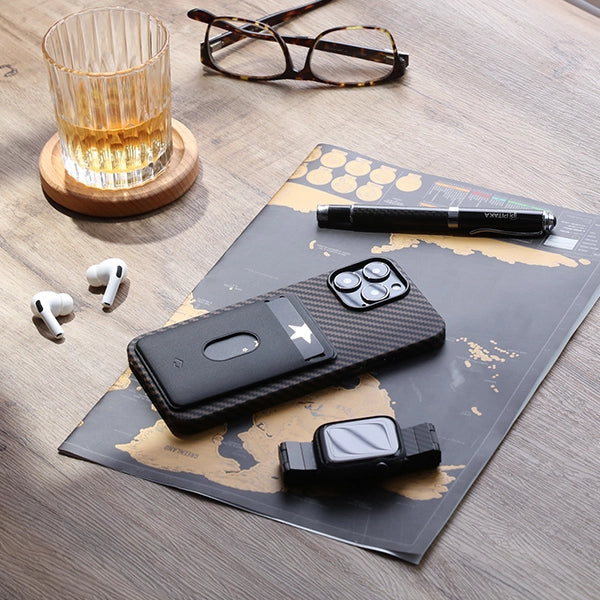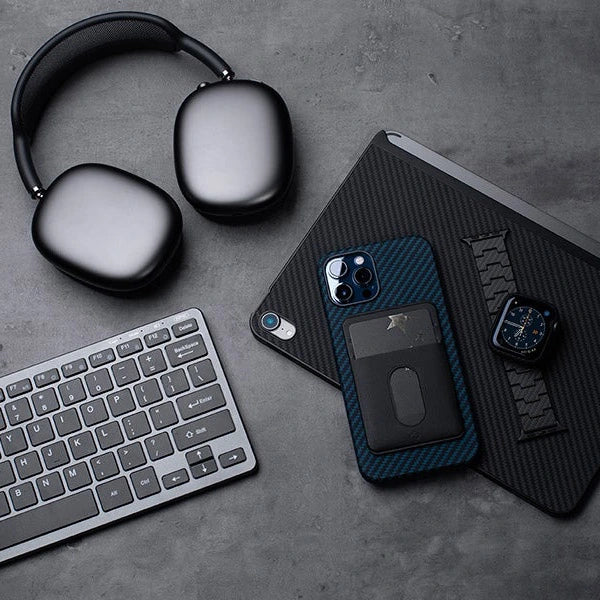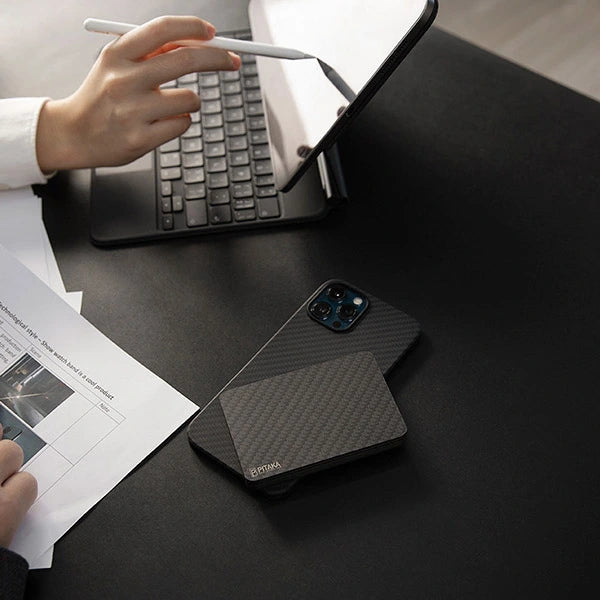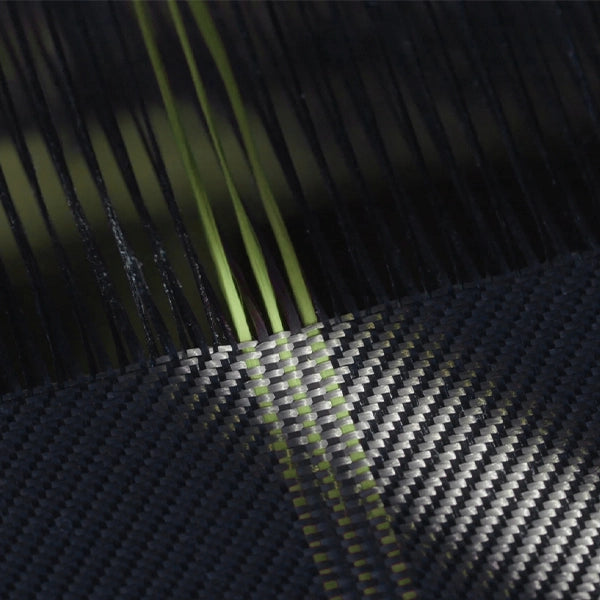It's quite a challenge to find a rumor mill industry as big as Apple's these days. People are not only fascinated by what Apple makes but obsessed with rumors about whether they will make this or that. Today, we will talk about a particular feature on the next iPad Pro according to rumors, which we believe will happen.
Apple is developing a new iPad Pro with wireless charging capability, reports Bloomberg. While we're guessing when it will debut in which month or year, let's look at the possibilities and what a wireless charging iPad would look like.
Why Doesn't the iPad Support Wireless Charging?
To make the iPad capable of wireless charging, first of all, you need to put charging coils inside the tablet. These coils act as receivers to conduct magnetic induction to electricity to charge the device. Given that the iPad has a larger battery than iPhone, assumedly iPad will need larger or more charging coils. Will adding those coils part of the iPad structure affects other performances or the overall design?
Second, Apple would probably need to find another material for the rear. Aluminum is tough but is not wireless charging friendly. Cupertino used glass, then turned to metal, and at last switched back to glass to make phone backs when it released iPhone 8, the first iPhone with wireless charging. Ever since then, glass has become the dominant material in every subsequent iPhone model because it's easier to mold, and most importantly, it's the friendliest to wireless charging.
It's possible to implement glass rear on iPads. But the problem is that glass is heavier and easier to break, which is especially true when you make a glass back the size of the iPad. If the glass is not the choice, what would it be then?
We believe that Apple can overcome those challenges. The question is when and how. And that's not all. The tablet apart, Apple might need to work on a wireless charger for the iPad.

Genuine wireless chargers for iPad or any other tablets have yet to be found in the market. Because no one has ever adopted wireless charging on tablets. So, all wireless chargers out there are for mobile phones, wireless earbuds, and even smartwatches. The so-called wireless chargers for iPad aren't authentic wireless charging (we will get to that). In this sense, a wireless charger for the iPad Pro seems a must-have if Apple wants to convince people into buying the idea of their tablets with wireless charging.
Is iPad with Wireless Charging A Good Idea?
Does Apple really have to go through all the trouble to create a wireless charging iPad? Maybe it's better put this way: do we need a wireless charging iPad? You might think not.
But Apple believes in a wireless future (so does PITAKA), and they are always one step ahead of their customers. Before the demand is even there, they create one that you'll find it's what you need but you haven't realized yet. That's what makes a brand stands.
Technically speaking, wirelessly charging your iPad brings a similar convenience as charging your iPhone. Wireless charging is safe and more effortless. Just put down to charge or snap to charge—no cable plugging in and out. Without the cable getting in the way, you can enjoy a smoother experience when the battery is low.
And if Apple is able to create a Qi or MagSafe wireless charger for iPad, chances are the charger will work for more than the tablet. Multi-device wireless chargers are a norm nowadays. Less fraying cables and power adapters mean less spending.
How to Wirelessly Charge Your iPad?
If you wonder what a wireless charging iPad looks like, you can gain a similar experience before its release. As we mentioned earlier, you can buy wireless chargers for iPads. Not only Apple but many people know the advantages of wireless charging and that they would love it on iPads.

The typical wireless charger for iPad found in the market uses a wireless charging receiver that sticks to the back of the tablet and connects with the USB-C port, so you can wirelessly charge it on a Qi wireless charging stand or pad.
The wireless charging receiver has built-in charging coils, and there's a string connecting the coils to the charging port. That's how those third-party manufacturers manage to conduct the electricity from the coils to the port, the only charging input on iPads. Of course, you can still use a case for the iPad if it's not too thick to affect wireless charging.
The receiver won't be necessary if Apple puts coils in the iPad. And there will be more possibilities if Apple puts magnets too. Just think about the MagSafe iPhone and a heap of MagSafe accessories.
PITAKA's Solution for iPad with Wireless Charging
We do have a plan to make wireless chargers for the next iPad Pro. But when Eason, one of our product managers, played games on the newest iPad mini 6, he realized that charging through a cable when he's using the device is quite a hassle. So, why not develop a wireless charger for it? We went ahead and designed a special case for the iPad mini 6 together with a MagSafe-like charger and a wireless charging stand, which will be available in about one month.
And when we designed the chargers for iPad mini 6, we kept the next iPad Pro in mind.
We have reasons to believe that Apple would use Qi and MagSafe charging on iPads. Qi wireless charging is universal, and MagSafe is a thing for iPhones now and makes wireless charging more convenient. But we can't rule out the possibility that Apple could use something new to come up with the best possible solution. No matter the situation, our designers and engineers are ready.
Final Thoughts
There might be doubts about wireless charging decades ago. But the development of wireless charging on smartphones has shown that wireless charging is safe and convenient. It would be great to have wireless charging on iPads, and reverse wireless charging is possible too, which will make the experience so much better with iPads. Come on, Apple.
